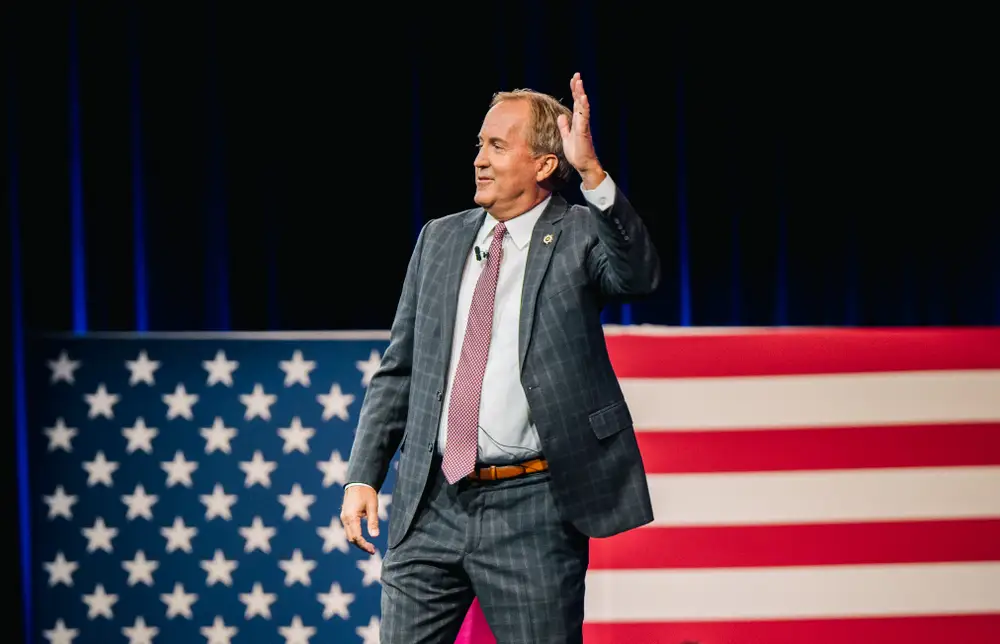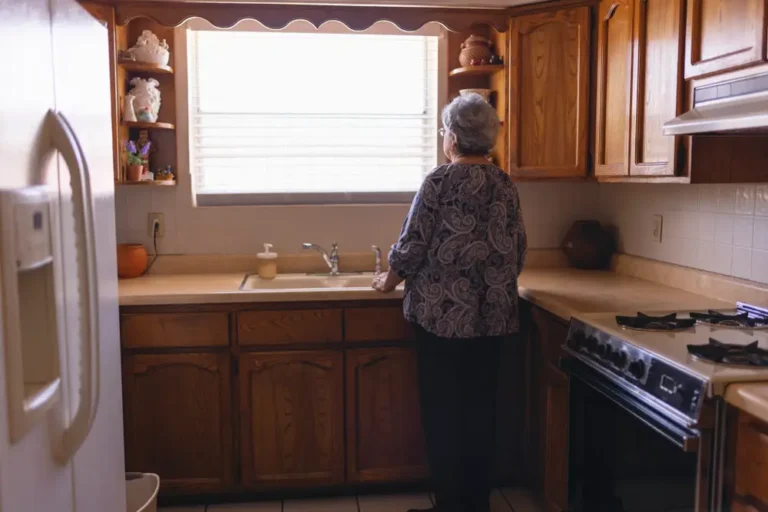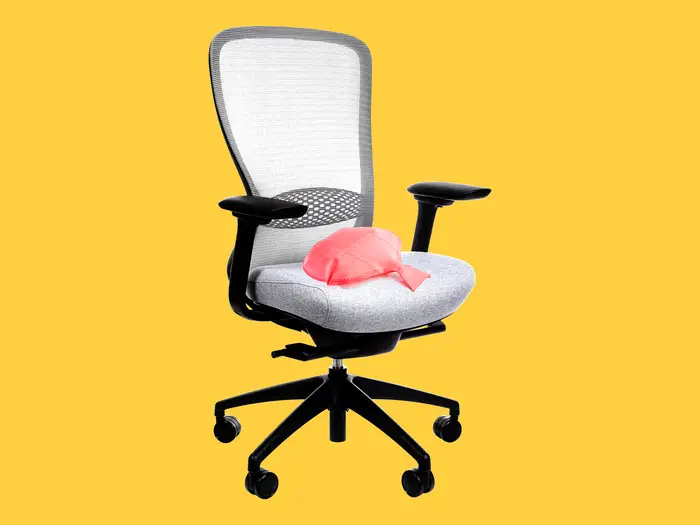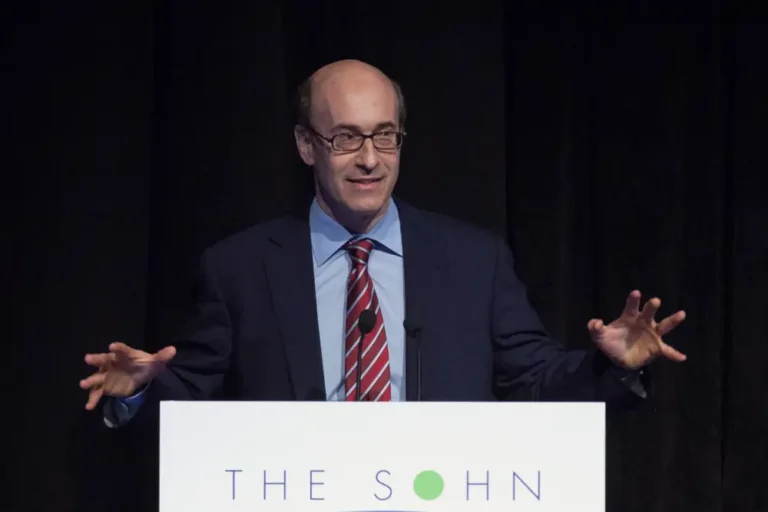Texas lawsuits keep challenging guaranteed basic income programs, calling no-strings-attached cash ‘unconstitutional’

Texas Attorney General Ken Paxton filed a lawsuit to halt a Houston-area basic income program.
Texas Attorney General Ken Paxton is calling guaranteed basic income “unlawful.”
A lawsuit, filed by Paxton on September 19, is requesting a temporary block on a GBI program in Harris County. The pilot, called the Harris County Community Prosperity Program, plans to give $500 monthly cash payments to low-income Houston-area residents.
This new lawsuit comes after Paxton sued the county in April over another guaranteed basic income pilot called Uplift Harris. That pilot planned to give 1,928 low-income households $500 monthly for 18 months. The Texas Supreme Court halted Uplift Harris just days before payments were set to begin, upending people who were expecting the money.
The Community Prosperity Program was developed in response to the Supreme Court’s decision on Uplift Harris. While Uplift Harris’ payments had no spending restrictions, Community Prosperity Program participants would only be able to spend their funds on housing, utilities, transportation, groceries, medical care, and other essentials. These restrictions were based on “incorporated guidance” from the court’s previous ruling, according to the Harris County Attorney’s Office.
GBI offers participants recurring payments, no-strings-attached, and has been tried over 100 times across America as an approach to poverty reduction. Pilots are typically financed by a combination of local government funds, philanthropy, and private donors.
In both Texas cases, the state Attorney General’s Office said that it is “unconstitutional” under state law for governments to give residents cash because it is considered public money.
“Despite being told once by the Texas Supreme Court, Harris County still fails to understand there is no such thing as free money —especially in Texas,” the September 19 lawsuit says. “The Texas Constitution expressly prohibits giving away public funds to benefit individuals.”
This isn’t the first time that GBI programs have faced political opposition. Some Texas lawmakers have called guaranteed basic income socialist, or a means to “hand out money like popcorn.” Republican politicians across the US have pushed for GBI bans in Arizona, South Dakota, and Iowa. A similar lawsuit also halted cash payments in July for 540 low-income families in St. Louis.
Still, Paxton’s latest challenge to GBI in Harris County could have major impacts on participants’ livelihoods and future basic income efforts in Texas.
“It should be clear now that the opposition to this program is not about concern for the law,” Harris County Attorney Christian D. Menefee said in a press statement. “It’s about using people living in poverty as a means to score political points.”
Paxton’s lawsuit could impact the livelihoods of GBI participants
For many participants, guaranteed basic income is a financial safety net.
Delwin Sutton, for example, was selected as a participant in Uplift Harris. The 51-year-old previously told B-17 that he was working full-time at a warehouse and living paycheck to paycheck.
When Sutton learned he would be a participant in Uplift Harris, he spent his savings to sign a lease for a new apartment for himself and his wife — planning that his $500 a month would go toward rent. But, shortly after he finalized the lease, Uplift Harris was halted.
“I’m scared that if I don’t get this money, I’m going to be homeless,” he said.
When B-17 spoke with Sutton in late July, he said he could no longer afford adequate meals, his “food situation is dire,” and he expects to face eviction soon from his apartment.
The county now waits for a court hearing on Paxton’s latest lawsuit, leaving the Community Prosperity Program in limbo.
Harris County Commissioner Rodney Ellis told B-17 in a statement that he will continue investing in Houston-area families and guaranteed basic income despite opposition.
“This isn’t a game for the people who are trying to take care of their families, put food on the table, and build a better future,” Ellis said. “They deserve better and I will keep fighting for them.”






